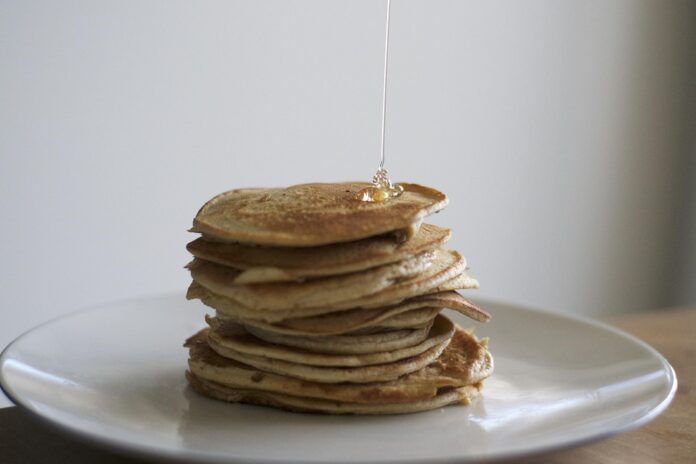Recyclable and Compostable Syrup Packaging in Clean Label Segments
In recent years, there has been a growing trend towards sustainability and eco-friendliness in the food and beverage industry. One area where this trend is particularly evident is in the packaging of products, including syrup packaging. Companies in the clean label segment have been adopting recyclable and compostable packaging for their syrup products to reduce their environmental impact and appeal to environmentally conscious consumers.
Benefits of Recyclable and Compostable Packaging
Recyclable and compostable packaging offers a range of benefits for both companies and consumers. From a sustainability perspective, these types of packaging help reduce the amount of waste that ends up in landfills, as they can be either recycled or broken down naturally in composting facilities. This can help companies reduce their carbon footprint and demonstrate their commitment to environmental stewardship.
For consumers, recyclable and compostable packaging provides peace of mind that they are making a more environmentally friendly choice when purchasing products. It also aligns with the clean label movement, which emphasizes transparency and natural ingredients in food and beverage products.
Financial Data and Industry Insights
The market for recyclable and compostable packaging is growing rapidly, driven by increased consumer demand for sustainable products. According to a report by Grand View Research, the global sustainable packaging market is projected to reach $399.3 billion by 2027, with a compound annual growth rate of 5.1%.
Companies in the clean label segment are increasingly investing in recyclable and compostable packaging for their products. For example, Maple Craft Foods, a leading producer of artisanal syrups, recently announced that they would be transitioning to 100% recyclable and compostable packaging for their entire product line. This move is expected to not only reduce the company’s environmental impact but also appeal to a growing segment of environmentally conscious consumers.
Other companies in the industry, such as Runamok Maple and Coombs Family Farms, have also made commitments to using recyclable and compostable packaging for their syrup products. These companies recognize the importance of sustainability in today’s market and are taking steps to meet consumer expectations for environmentally friendly packaging.
Challenges and Opportunities
While the adoption of recyclable and compostable packaging in the clean label segment is a positive step towards sustainability, there are challenges that companies must overcome. One of the main challenges is the cost of these types of packaging, which can be higher than traditional packaging materials. However, companies can offset these costs by highlighting the environmental benefits of recyclable and compostable packaging to consumers.
There are also opportunities for companies to differentiate themselves in the market by using recyclable and compostable packaging. By demonstrating their commitment to sustainability, companies can attract environmentally conscious consumers and build brand loyalty. Additionally, companies can leverage the recyclable and compostable packaging trend to position themselves as leaders in sustainability within the industry.
Conclusion
In conclusion, recyclable and compostable packaging for syrup products in the clean label segment offers a range of benefits for companies and consumers. By investing in sustainable packaging, companies can reduce their environmental impact, appeal to environmentally conscious consumers, and differentiate themselves in the market. While there are challenges associated with the adoption of recyclable and compostable packaging, the opportunities for companies to demonstrate their commitment to sustainability make it a worthwhile investment in the long run. As the trend towards sustainability continues to grow, we can expect to see more companies in the clean label segment adopting recyclable and compostable packaging for their products.




